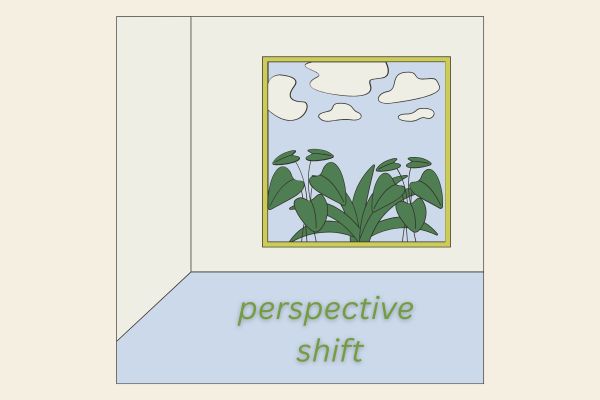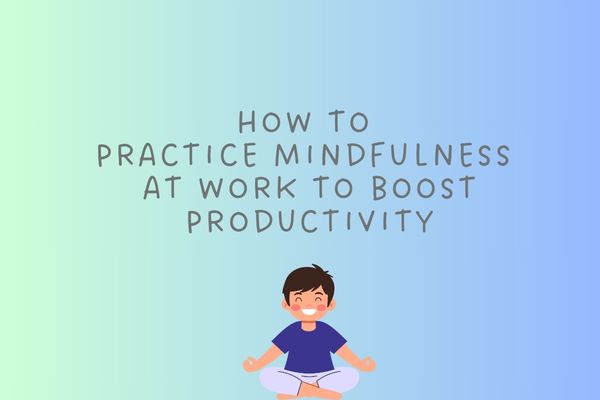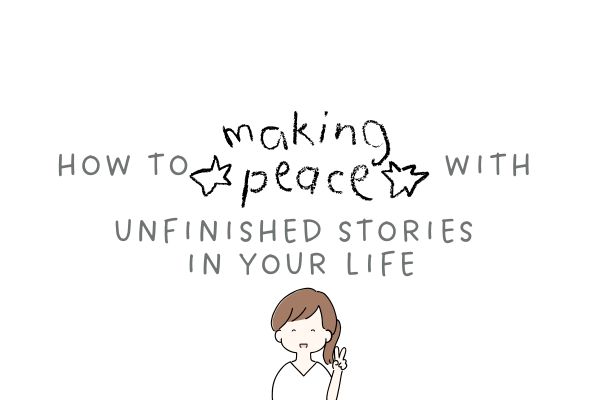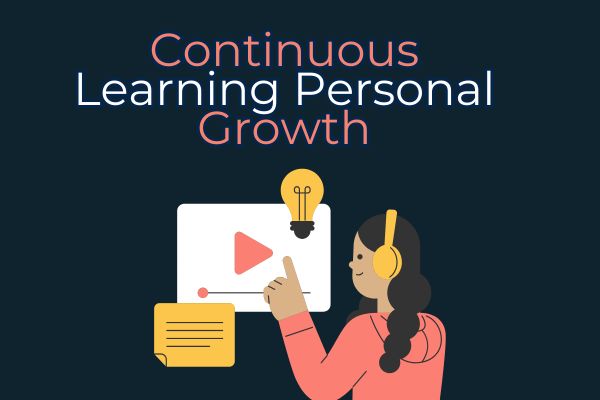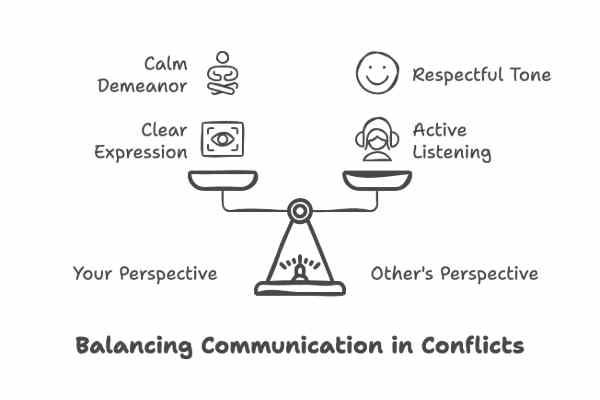Sometimes, it takes the smallest shift in perspective to spark the most profound changes in life. For me, that shift was neither grand nor dramatic; it was a quiet realization that took root during one of my journaling sessions. As I scribbled my thoughts onto the page, something clicked, and I saw my life—my struggles, failures, and aspirations—in an entirely new light. This moment of clarity marked the beginning of a transformation that has been nothing short of life-changing.
This article continues my journey of self-discovery, tying together the lessons I’ve shared in previous reflections. From embracing failure to discovering the power of journaling, each step has led me closer to this realization: how I choose to see the world defines how I experience it.
The Build-Up to a Breakthrough
After years of feeling stuck and battling self-doubt, I was desperate for change. My previous failures had taught me resilience and the importance of reflection, but I still felt like I was carrying a weight that I couldn’t quite name. Journaling had become my sanctuary, a place to process my thoughts and make sense of the chaos. But on this particular day, as I wrote about my frustrations, I found myself asking a question I had never considered before: “What if the problem isn’t my circumstances but how I’m looking at them?”
It was such a simple question, yet it shifted the entire framework through which I viewed my life. Up until that point, I had seen my challenges as obstacles to overcome, things that were holding me back. But what if they weren’t obstacles at all? What if they were opportunities for growth?
The Power of Reframing
This shift in perspective wasn’t immediate. It took time and effort to reframe my thinking, but the impact was undeniable. One of the first things I tackled was my relationship with failure. As I had written about in earlier reflections, failure had always felt like a verdict—a sign that I wasn’t good enough. But now, I began to see it as feedback. Instead of asking, “Why did this happen to me?” I started asking, “What can I learn from this?”
For example, one of my most significant failures had been a business venture that didn’t pan out. It had left me feeling defeated and questioning my abilities. But with this new perspective, I revisited that experience in my journal and realized how much I had learned from it—about leadership, problem-solving, and perseverance. That failed venture wasn’t a dead end; it was a stepping stone.
Gratitude as a Catalyst
Another small but impactful shift was incorporating gratitude into my daily routine. Initially, it felt like a clichéd exercise—writing down things I was thankful for each day. But as I persisted, I noticed a subtle yet profound change. Gratitude helped me focus on what was going well in my life instead of fixating on what wasn’t.
For instance, I began to appreciate the small victories that often went unnoticed: a kind word from a colleague, a peaceful morning walk, or the simple pleasure of a good cup of coffee. These moments became anchors, reminding me that even on the hardest days, there was still good to be found.
Letting Go of Control
One of the hardest lessons I’ve learned is that control is an illusion. For years, I tried to micromanage every aspect of my life, believing that if I just worked hard enough, I could force things to go my way. But life doesn’t work like that. And honestly? Thank goodness it doesn’t.
As I wrote through my frustrations, I began to see that my need for control was rooted in fear—fear of uncertainty, fear of failure, and fear of not being enough. Letting go of that need for control wasn’t easy, but it was liberating. It allowed me to approach life with more curiosity and less judgment. Instead of seeing unexpected changes as threats, I started seeing them as opportunities to grow and adapt.
The Role of Relationships
Another critical aspect of this perspective shift was reevaluating my relationships. Journaling helped me see patterns in how I interacted with others. I realized that I often placed unrealistic expectations on people, expecting them to fill gaps in my life that only I could fill. This realization was both humbling and empowering.
I began to approach my relationships with more gratitude and less judgment. Instead of focusing on what others weren’t doing, I started appreciating what they were. This small change brought a new sense of harmony to my interactions and deepened my connections with the people I care about most.
Embracing the Present Moment
One of the most transformative aspects of this journey has been learning to live in the present moment. For so long, I was either dwelling on the past or worrying about the future. Journaling became a way to anchor myself in the here and now. By focusing on the present, I found a sense of peace that had eluded me for years.
This doesn’t mean I’ve stopped setting goals or reflecting on the past. But I’ve learned to do so without losing sight of the present. Each day offers its own lessons, joys, and challenges, and I’ve come to see the value in being fully present for all of it.
The Ripple Effect of a Changed Mindset
This small change in perspective didn’t just transform my inner world; it began to ripple outward, affecting every area of my life. I approached my work with renewed energy and creativity. I took risks I would have previously avoided, like starting new projects and pursuing passions that had long been on the back burner. And perhaps most importantly, I felt a deeper sense of alignment with who I am and what I value.
One of the most surprising outcomes was how this change affected my health. The stress and anxiety that had once weighed me down began to lift. I slept better, ate more mindfully, and found joy in movement and exercise. It was as if my body was responding to the mental and emotional shifts taking place.
Looking Back and Moving Forward
As I reflect on this journey, I’m struck by how much has changed—and how much hasn’t. Life is still messy and unpredictable, and I still have my moments of doubt and frustration. But the difference now is that I’ve learned to navigate those moments with greater grace and resilience.
This journey has been a series of small steps, each building on the last. From reflecting on my failures to discovering the power of journaling, and now to this shift in perspective, each lesson has been a piece of the puzzle. Together, they’ve created a picture of a life that feels more authentic, meaningful, and aligned with who I want to be.
An Invitation to Shift Your Perspective
If there’s one thing I’ve learned, it’s that the way we see the world shapes our reality. Changing your perspective doesn’t require a dramatic overhaul of your life; sometimes, it’s as simple as asking a different question or choosing to focus on what’s good.
I encourage you to take some time to reflect on your own perspective. What stories are you telling yourself about your life? What assumptions are you making about your challenges and opportunities? And most importantly, what might change if you looked at things differently?
Small shifts can lead to big changes. They have for me, and I believe they can for you too. Life isn’t about avoiding challenges or eliminating uncertainty; it’s about learning to see those challenges as opportunities and embracing the journey, one step at a time.
